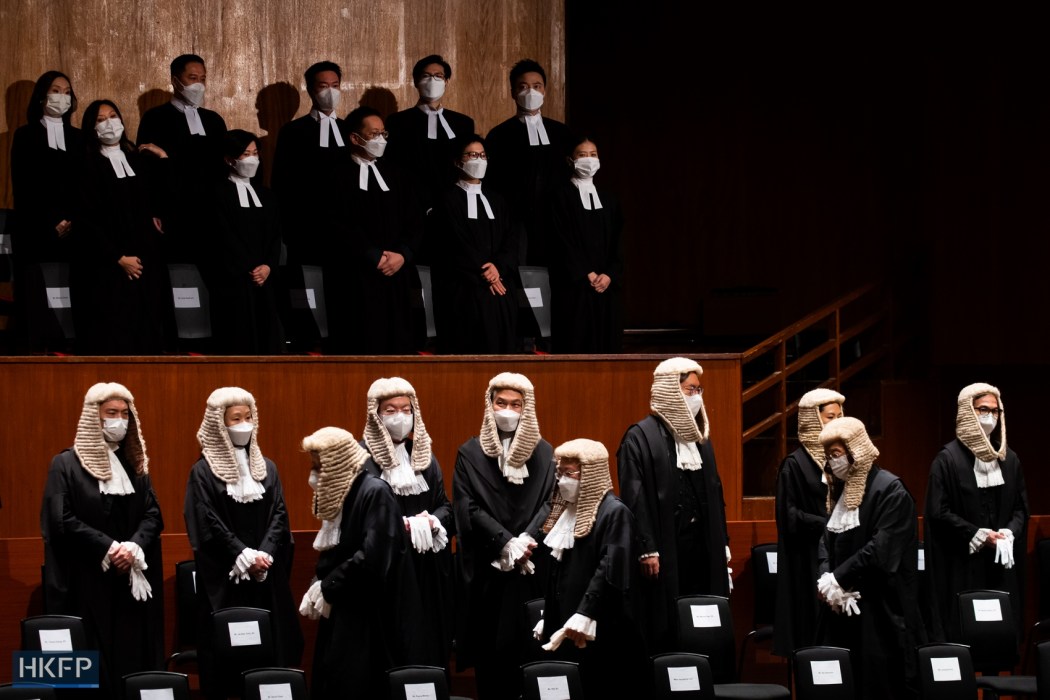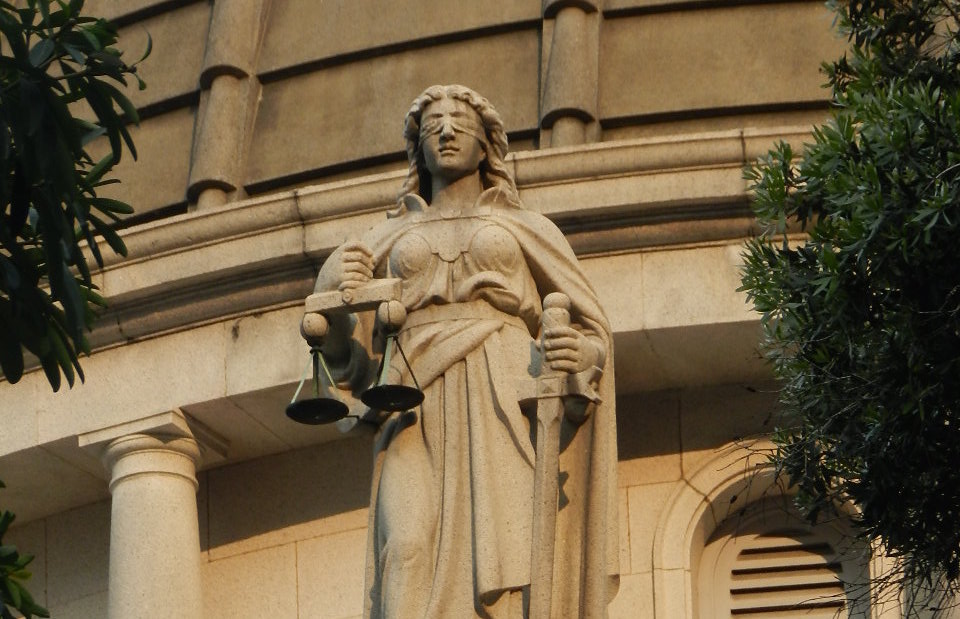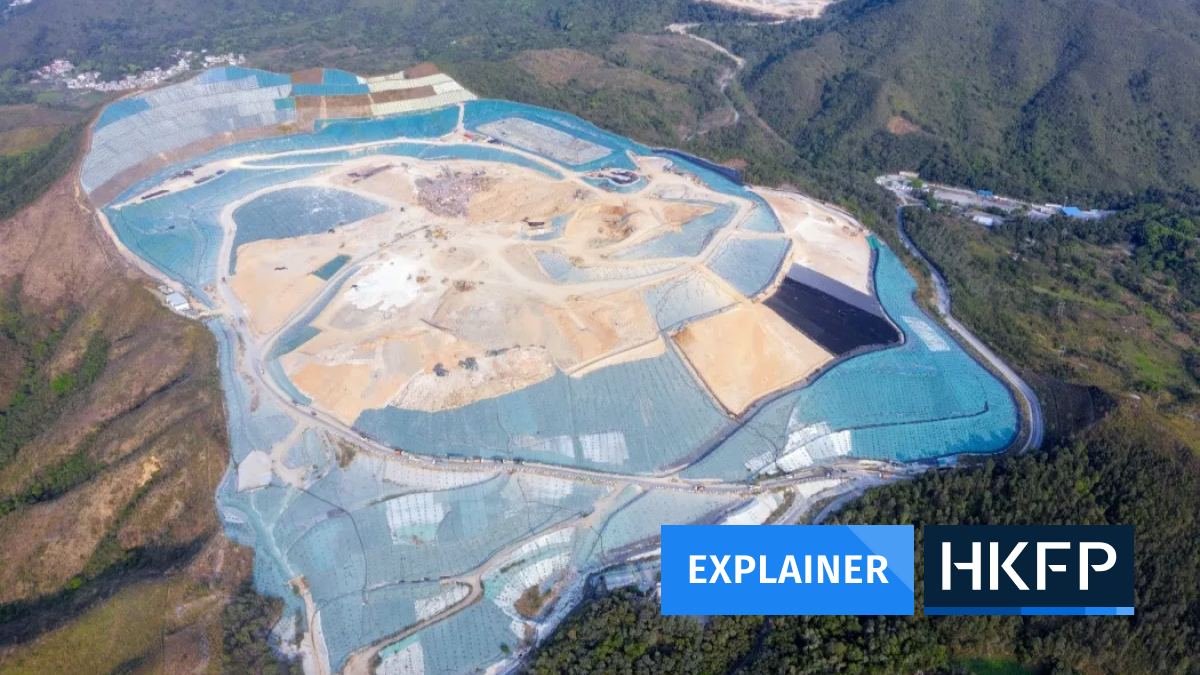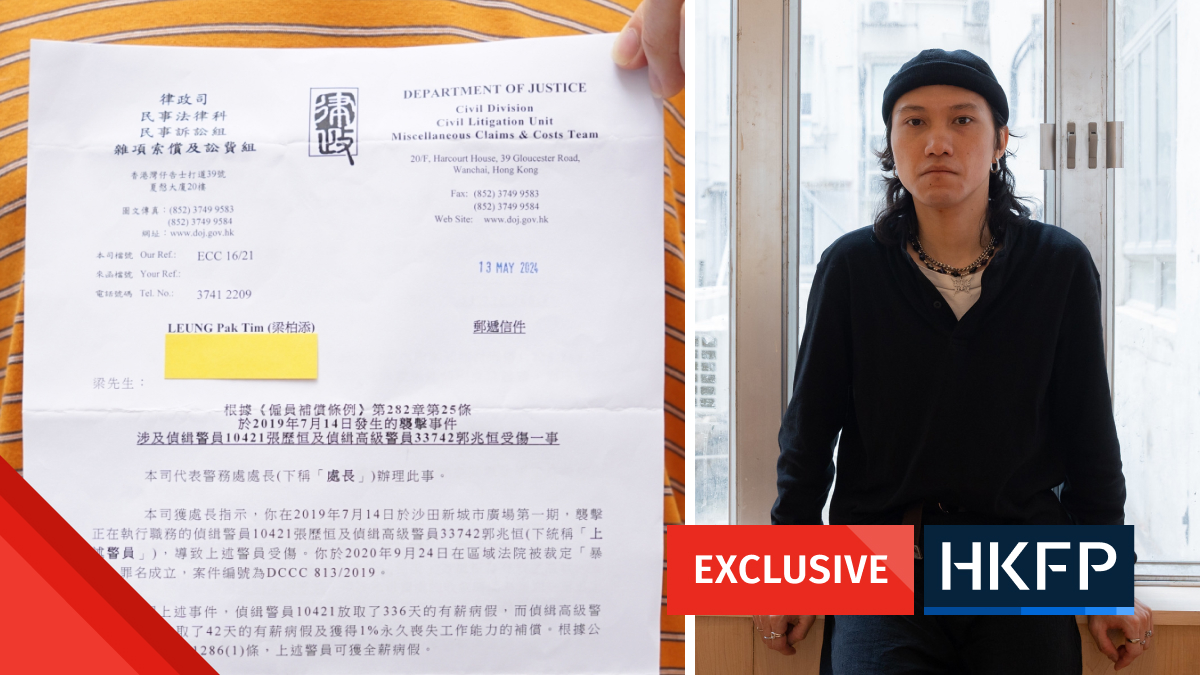Hong Kong’s place on a global rule of law index has fallen for the third consecutive year, dropping to 23rd among 142 regions from 22nd place last year. In 2020, the city was ranked at 16th position.

The index, complied by the World Justice Project (WJP), assesses the extent to which countries and territories adhere to the rule of law across eight categories: constraints on government powers, absence of corruption, open government, fundamental rights order and security, the enforcement of regulations, civil justice, and criminal justice.
For the 2023 index, WJP examined data from 142 countries and jurisdictions, including the results of questionnaires given to experts and the general public.
While Hong Kong fell one place on the global index from 2022, it retained its 6th place position in the East Asia and Pacific region, behind New Zealand, Australia, Japan, Singapore and South Korea.
Mainland China stayed relatively low in the index, dropping two places from last year to 97.
In response, a Hong Kong government spokesperson said in a statement issued on Wednesday night that the city “remains high” in the index.
“[Hong Kong is] ahead of some European and American countries which often unreasonably criticise the rule of law and human rights situation of Hong Kong, ” the spokesperson said.
The UK ranked 15th in the index, while Canada ranked 12th. The US was below Hong Kong in 26th position. The spokesperson did not specify which countries they were referring to.
Over the past three years, Hong Kong experienced the most significant decline in constraints on government powers, according to the index, dropping from the ranking of 31 in 2020 to 59 this year.

Meanwhile, the city remained in a relatively high ranking in terms of order and security, absence of corruption, and fundamental rights.
The government spokesperson said Hong Kong’s score was higher than on the 2022 index in terms of order and security, in which it held onto 6th place in the global ranking.
“It is sufficient proof of the important role of the Hong Kong National Security Law (NSL) in maintaining the order and security of Hong Kong, ” the spokesperson said, “the NSL has provided the necessary conditions for ensuring the long-term prosperity and stability of Hong Kong, and enables Hong Kong residents to enjoy their rights and freedoms in a safe and peaceful environment.”

Western countries have criticised the state of Hong Kong’s rule of law since the enactment of the Beijing-imposed national security law in June 2020.
The US State Department said in April in its 2023 Hong Kong Policy Act Report that Chinese and Hong Kong authorities “continued to use ‘national security’ as a broad and vague basis to undermine the rule of law.”
UK Foreign Secretary James Cleverly said in September in a six-monthly report on the state of the city that Hong Kong authorities had expanded the use of the national security law “beyond genuine national security concerns.”

Beijing inserted national security legislation directly into Hong Kong’s mini-constitution in June 2020 following a year of pro-democracy protests and unrest. It criminalised subversion, secession, collusion with foreign forces and terrorist acts – broadly defined to include disruption to transport and other infrastructure. The move gave police sweeping new powers and led to hundreds of arrests amid new legal precedents, while dozens of civil society groups disappeared. The authorities say it restored stability and peace to the city, rejecting criticism from trade partners, the UN and NGOs.
Support HKFP | Policies & Ethics | Error/typo? | Contact Us | Newsletter | Transparency & Annual Report | Apps
Help safeguard press freedom & keep HKFP free for all readers by supporting our team

LATEST FROM HKFP
HKFP has an impartial stance, transparent funding, and balanced coverage guided by an Ethics Code and Corrections Policy.
Support press freedom & help us surpass 1,000 monthly Patrons: 100% independent, governed by an ethics code & not-for-profit.










